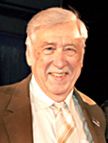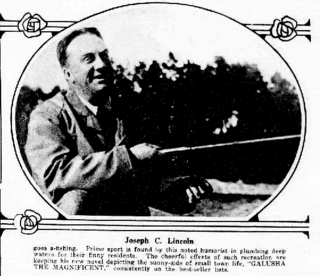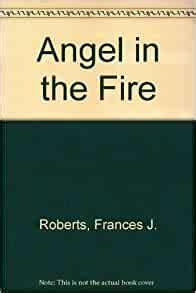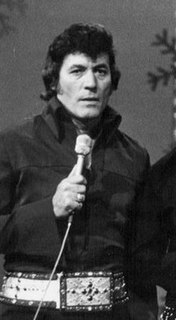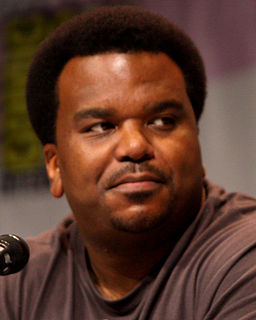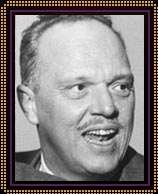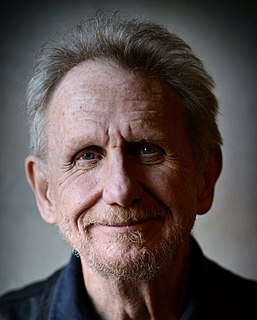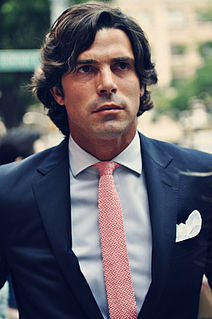A Quote by Arthur Rubinstein
My father, good or bad, mistakes or no, had a direct line from his heart to the music to the people, to the audience. He played with logic and his own inner truth.
Related Quotes
His musical inspiration operates in a world uncluttered by conventional bar lines, conventional chord changes, and conventional ways of blowing or fingering a saxophone. Such practical 'limitations' did not even have to be overcome in his music; they somehow never existed for him. Despite this - or more accurately, because of this - his playing has a deep inner logic. Not an obvious surface logic, it is based on subtleties of reaction, subtleties of timing and color that are, I think, quite new to jazz - at least they have never appeared in so pure and direct a form.
When the father dies, he writes, the son becomes his own father and his own son. He looks at is son and sees himself in the face of the boy. He imagines what the boy sees when he looks at him and finds himself becoming his own father. Inexplicably, he is moved by this. It is not just the sight of the boy that moves him, not even the thought of standing inside his father, but what he sees in the boy of his own vanished past. It is a nostalgia for his own life that he feels, perhaps, a memory of his own boyhood as a son to his father.
The director’s task is to recreate life, its movement, its contradictions, its dynamic and conflicts. It is his duty to reveal every iota of the truth he has seen, even if not everyone finds that truth acceptable. Of course an artist can lose his way, but even his mistakes are interesting provided they are sincere. For they represent the reality of his inner life, of the peregrinations and struggle into which the external world has thrown him.
I played the vina until my heart turned into the same instrument. Then I offered this instrument to the Divine Musician, the only muscian existing. Since then I have become His flute, and when He chooses He plays His music. The people give me credit for this music which, in reality, is not due to me, but to the Musician who plays his own instrument.
Seek guidance for outer action, but be even more concerned with the desires of the heart, that they be consistent with the character of the Lord Jesus Christ. Never did He call upon men for protection, nor even upon angels, although they were sent to minister to Him. It was His own inner unification with the Father's heart that effected His preservation against all evil that was directed against Him. Even so, your own heart purity determines the extent of your personal preservation.
Monk's music is often defined as enigmatic, eccentric and humorous - as if it had little to do with the pain he may have endured to create his art. But I believe Monk routinely shared his history with his audience, no matter how unpalatable that history was, and it is for that very reason that his music connects with people around the globe.
I only know two cats in this business that really had it all; Elvis was one of those guys, the other was Ricky Nelson. There was a difference in those two guys though. Elvis moved...Ricky never had to; he stood flat footed and captivated his audience with his good looks. We grew up with him; those who didn't missed something. History books are gonna have to say that he played a big role in Rock 'n' Roll music.... and he did it his way.

